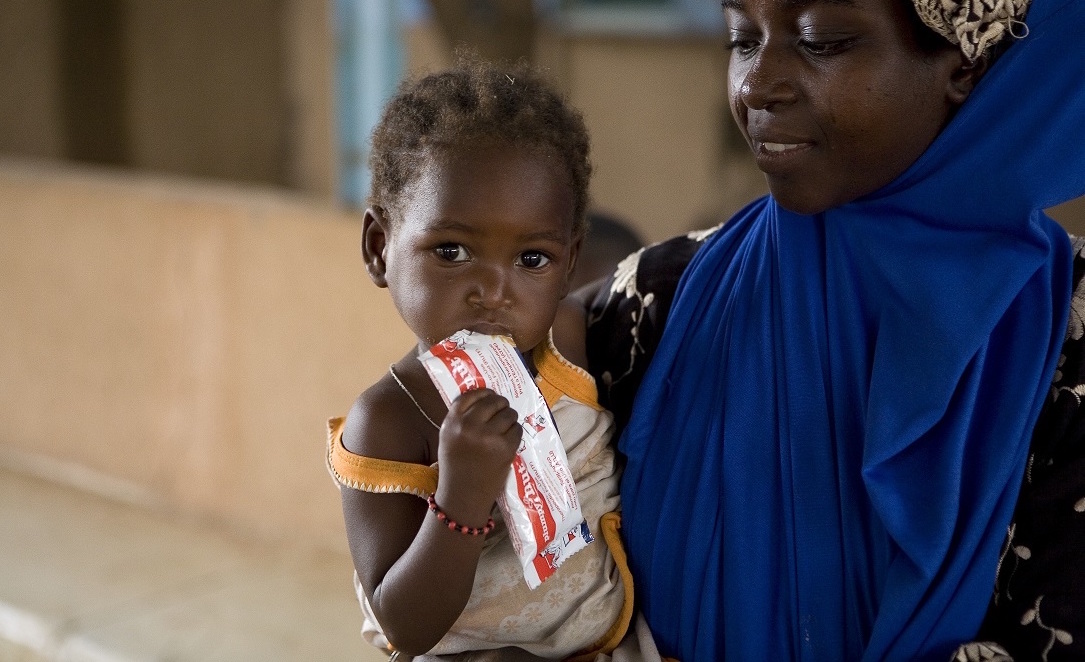European Union Ambassador to Nigeria and ECOWAS, Gautier Magnot, has said that the withdrawal of aid by the United States and other partners had created a huge gap in the provision of therapeutic food for the affected children.
According to him, additional efforts are needed to assist Nigeria in dealing with malnutrition affecting two million children in the North-East and North-West regions.
Recall that Vice President Kashim Shettima had raised an alarm over the scale of malnutrition in Nigeria, noting that the condition was depriving nearly 40 per cent of children under the age of five of their full physical and cognitive potential.
In his remarks at the National Summit on Nutrition and Food Security in Abuja, Shettima, represented by the Deputy Chief of Staff to the President (Office of the Vice President), Ibrahim Hadejia, described malnutrition as a national crisis that must be tackled urgently and collectively.
“It is a reminder of the burden that we bear — a malnutrition crisis that continues to rob nearly 40 per cent of Nigerian children under five of their physical and cognitive potential,” he underscored.
Speaking during an interview monitored by Voicenews, Magnot said “According to all humanitarian partners, in Nigeria, there are currently 3.5 million children in severe acute malnutrition, in particular two million in the northwest and northeast, and these need assistance, in particular through therapeutic food.
“And this assistance was traditionally given in a big part through humanitarian international assistance. And now, with the withdrawal of some partners, particularly the US, there is a huge gap to be covered.
“The problem has also deteriorated because of the impact of climate change, insecurity, and several factors, so there is now a need for additional effort to cover these needs and ensure that the supply of therapeutic food is not disrupted in a few weeks’ time,” he added.
Speaking on the therapeutic Milk supply, the envoy explained that though there are local producers of rapid-use therapeutic food, there is a need for the importation of the item to meet the demands.
“You also need to import some, for instance, therapeutic milk, which is what saves babies. When you see babies, like I saw in Sokoto last weekend with the Minister of Humanitarian Affairs, who are not even able to eat by themselves because they are too weak for that, the only thing that can save them is therapeutic milk.
“And then after a couple of days, you see they come back to life and they start drinking themselves again with an appetite, and then, you can change their diet and come back to a normal diet after some time.
“The chain exists, the stabilisation centres exist. They are overstretched with normal capacities also, but it’s important to supply the therapeutic food necessary for these children,” ,” the ambassador explained.

